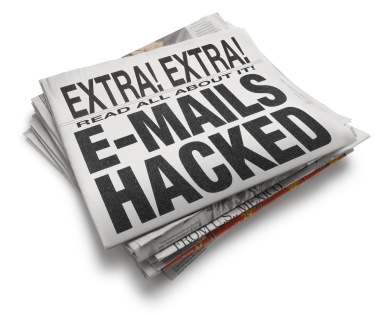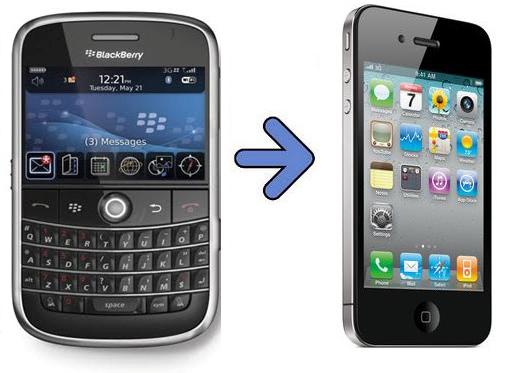Most people keep lots of personal information in their inbox, so a hacked email account can cause a real headache. Sometimes hackers will sell your information or use it to steal money from you directly. Even if they can’t find valuable information in the emails, hackers will often send an email to your entire contact list asking for money. In a common scam they impersonate you and claim you’ve been robbed while traveling, and thus are desperate for money to get home. Often gullible friends and family will fall for the scam. Hackers can also lock you out of your account, keeping you from accessing your contacts or emails.
How to Protect Your Email Account:
1. Have a strong password. Use a combination of letters and numbers. Don’t use the name or birthday of a loved one because it is easy to guess.
2. Have a difficult security question. Most people want to make sure they won’t forget the answer to their security question, so they select one with an obvious answer. The downside is that other people will also know or be able to guess the answer. Make the question about something personal and private.
3. Keep your password to yourself. Don’t tell your password to anyone, and don’t write it down anywhere easily accessible to other people.
4. Avoid “phishing emails.” Some hackers send emails to try and trick you into giving them your password. Sometimes they’ll impersonate the administrator of your mailing account and prompt you for your password. Other times they’ll send you emails promising you that you’ll be able to hack someone else’s account after you sign into to their mail server using your email ID and password. There is no such mail server, and your email administrator will never ask for your password over email.
5. Avoid spyware. Spyware can secretly run on your computer and record all your keystrokes and screenshots. So if you type in your password, a hacker would be able to access it. Try to always use your email account on your private computer, and make sure that you have a good anti-malware program. If you have any questions about which malware program is best for you—or want to get rid of a virus—use TalkLocal to find a computer repairman near you. If you are using a public computer—like in an internet café—you can use clicks on the mouse to confuse hackers. For example, if your password is t4et155ress (an example of a secure password) you can first type “115”. Then click your mouse to the start of the text and type “t4et”; then click to the end of the text and type “ress.” Even if the computer has spyware on it, the hacker will not know your correct password because spyware usually records keystrokes, not movements of the mouse. This trick can be a bit of a nuisance, but it is a great precaution to preve your email doesn’t get hacked
If you do all these things your email information should be safe. But if you ever find that your email has been hacked, you should immediately report it to the administrators of your email account and alert all your contacts so they do not fall prey to a scam. If you have lost any emails or data, TalkLocal can help you retrieve those as well.












Keep functioning ,terrific job!
Good write-up, I’m regular visitor of one’s blog, maintain up the excellent operate, and It is going to be a regular visitor for a lengthy time.
Really superior site thank you so much to your time in writing the posts for all of us to learn about.